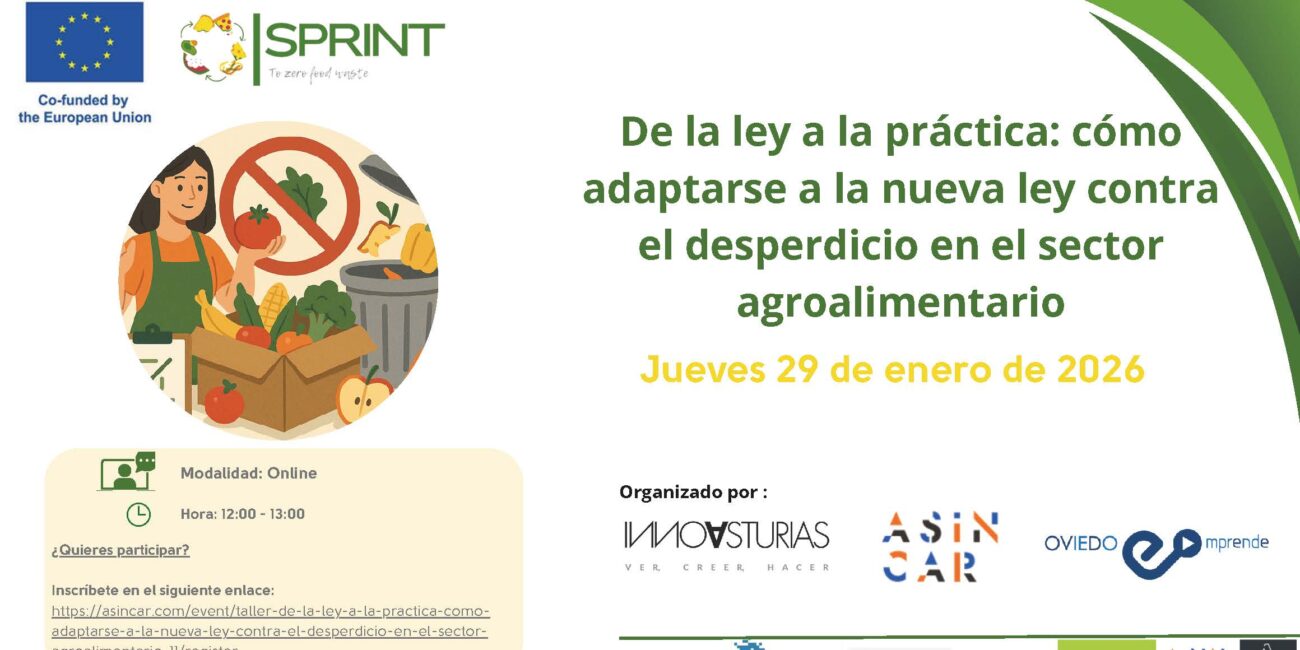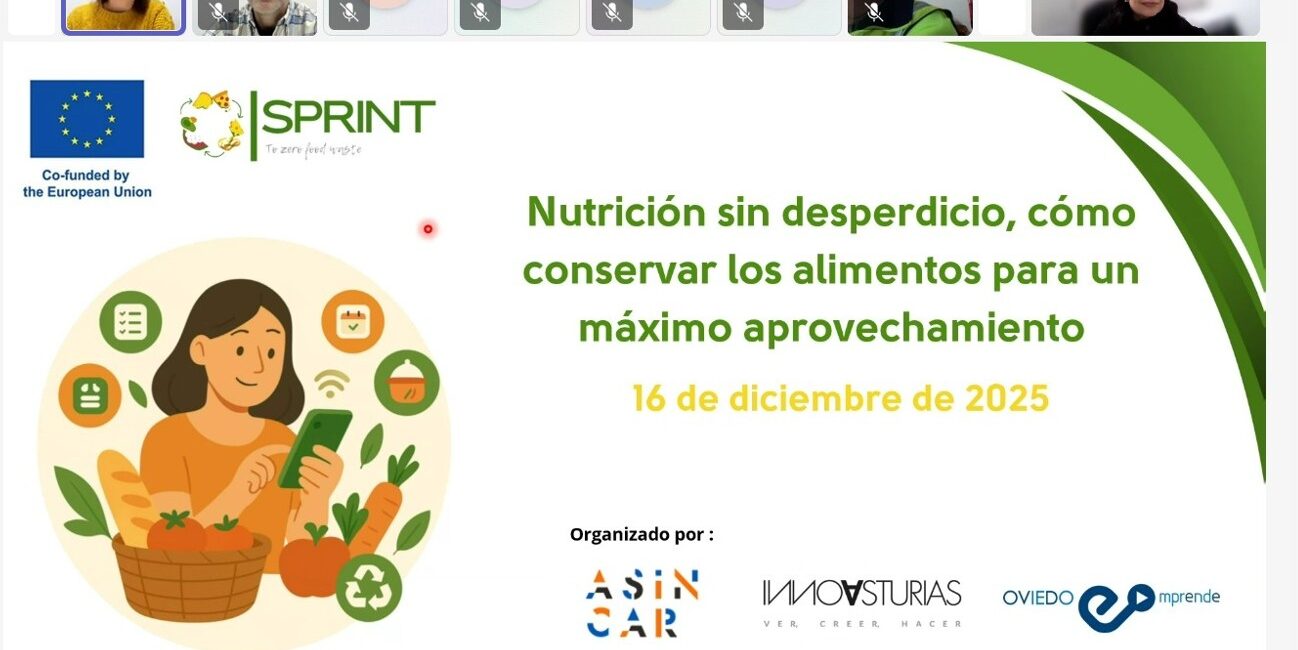las problemáticas del proyecto
The challenge
Some alarming data
The planet is in the midst of an unprecedented global crisis , characterised by biodiversity loss, climate change and increasing pollutionThese phenomena are not only interrelated, but also feed back on each other, further aggravating the situation. While the urgency of these problems is clear, so is the need for integrated and coordinated solutions. In this context, food systems emerge as key actors in addressing this crisis.
One of the most critical factors in this scenario is food wasteFood that is produced but not consumed generates between 8% and 10% of global greenhouse gas emissions. It also puts enormous pressure on natural resources such as water and land, and contributes significantly to pollution.
Reducing this waste is a global priority, reflected in Target 12.3 of the UN Sustainable Development Goals (SDGs), which aims to halve food waste per capita by 2030. Achieving this target would not only contribute to climate change mitigation, but would also have a positive impact on poverty eradication, eliminating hunger and improving food security, as well as combating climate change and other key SDGs.
of fruits and vegetables produced are never consumed
of global waste comes from households
of agricultural land is used to produce food that goes to waste
In the European Union, food waste has reached alarming levels: 59 million tonnes of food is wasted every year, equivalent to about 131 kg per person. Surprisingly, more than half of this comes from households, where each person generates an average of 70 kg of waste per year. The impact is not only environmental, but also economic: this waste has an estimated market value of €132 billion, while millions of people in the region do not have access to nutritious food.
The factors behind this waste in households are diverse. From poor planning of purchases, to inadequate storage, to over-portioning or not making the best use of leftovers. These everyday dynamics, coupled with contextual factors such as packaging size and marketing strategies, contribute to the problem. In the foodservice sector, elements such as menu design, portions and food appearance also play a crucial role in waste generation.
Fortunately, progress is being made. Academic research has intensified its focus on strategies to reduce waste, especially in terms of consumer behaviour. Countries such as the UK and the Netherlands are leading these initiatives, but much remains to be done, especially in other regions.
At the political level, the European Union is taking decisive action. Initiatives such as the Circular Economy Action Plan and the Farm to Fork Strategy aim to reduce food waste by 30% by 2030, through a stricter regulatory framework, awareness-raising campaigns and improvements in product labelling.
In line with these efforts, the SPRINT initiative aims to collaborate with key actors in the food sector to implement evidence-based strategies to reduce consumer waste, optimising the economic, social and environmental performance of the entire supply chain. Technological tools and a redesign of the choice architecture are some of the measures proposed to positively influence consumer behaviour.
Tackling food waste is not only a matter of environmental responsibility, but also an opportunity to create a more sustainable, equitable and resilient food system.





